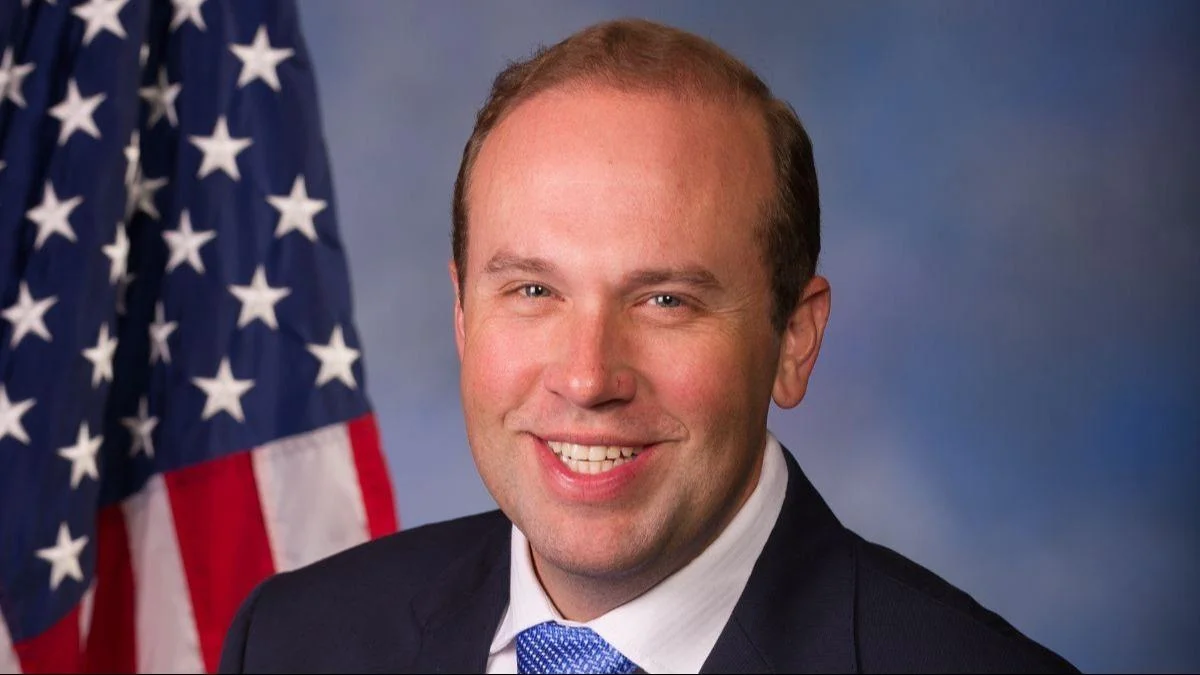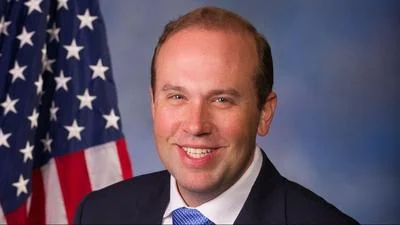Rep. Jason T. Smith, U.S. Representative for Missouri's 8th District | Congressman Jason Smith Official U.S. House headshot
Rep. Jason T. Smith, U.S. Representative for Missouri's 8th District | Congressman Jason Smith Official U.S. House headshot
Millions of American taxpayers could face the challenge of filing their tax returns twice and potentially paying higher taxes if key reforms from the 2017 Trump tax cuts are allowed to expire. These cuts, which aimed to simplify the U.S. tax code and reduce the burden on workers, families, farmers, and small businesses, also enhanced America's competitive edge.
The expiration of these tax reforms would particularly affect over 7 million taxpayers due to the return of the alternative minimum tax (AMT). Originally designed to prevent wealthy individuals from avoiding taxes through deductions and exemptions, the AMT has since expanded its reach beyond its initial target group. This expansion has affected many small businesses that file taxes under individual brackets, increasing their tax burden and complicating their filings.
Jason Smith, Chairman of the Ways and Means Committee (MO-08), emphasized the benefits brought by the Trump tax cuts in a statement: "Every household and every corner of the American economy benefited from the Trump tax cuts... Crucial among that reform was reducing the burden placed on these job creators by the alternative minimum tax."
Smith further noted that failing to extend these cuts would increase those subject to AMT from 200,000 to over 7 million taxpayers. He highlighted that this situation would require families and small businesses to calculate their taxes twice to determine any additional liabilities.
Key statistics underscore potential impacts if Congress does not act within its remaining legislative days this year:
- The average taxpayer might experience a 22 percent increase in taxes.
- A family with a median income could see an annual increase equivalent to nine weeks' worth of groceries.
- The Child Tax Credit for millions could be halved.
- Guaranteed deductions for most taxpayers might be significantly reduced.
- Small businesses may face elevated top tax rates without Section 199A Small Business Deduction.
- Family-owned farms risk having their Death Tax Exemption reduced by half next year.
These figures illustrate why proponents argue for swift congressional action to maintain stability for small businesses planning future investments.






 Alerts Sign-up
Alerts Sign-up